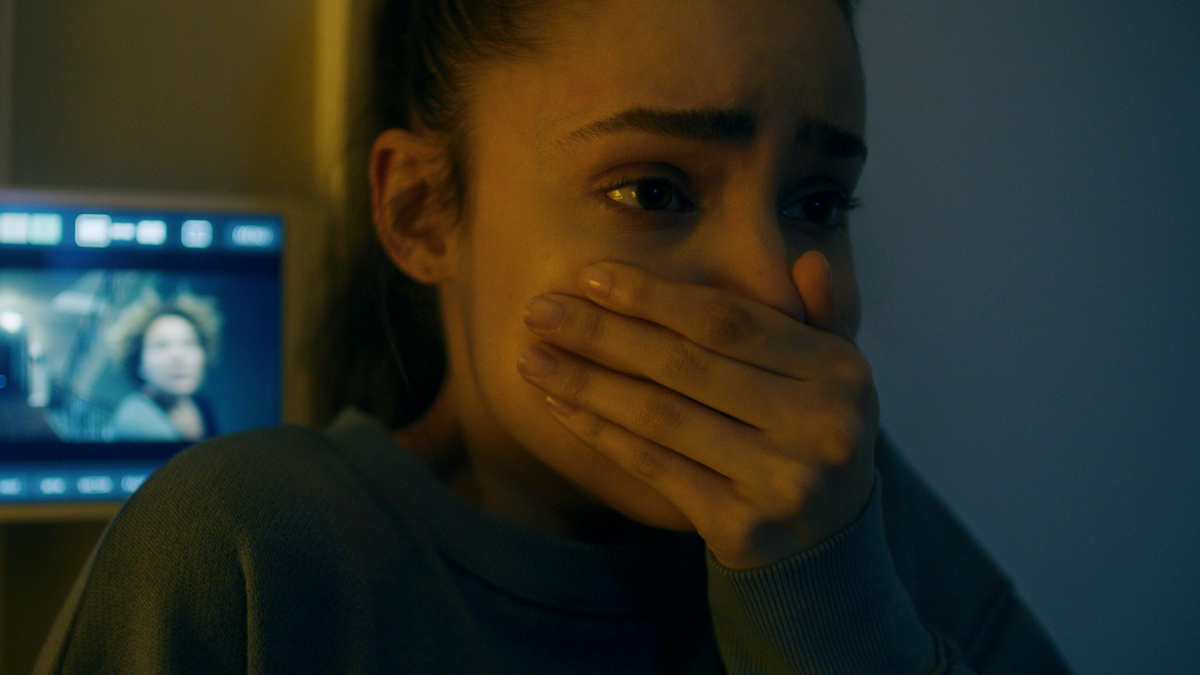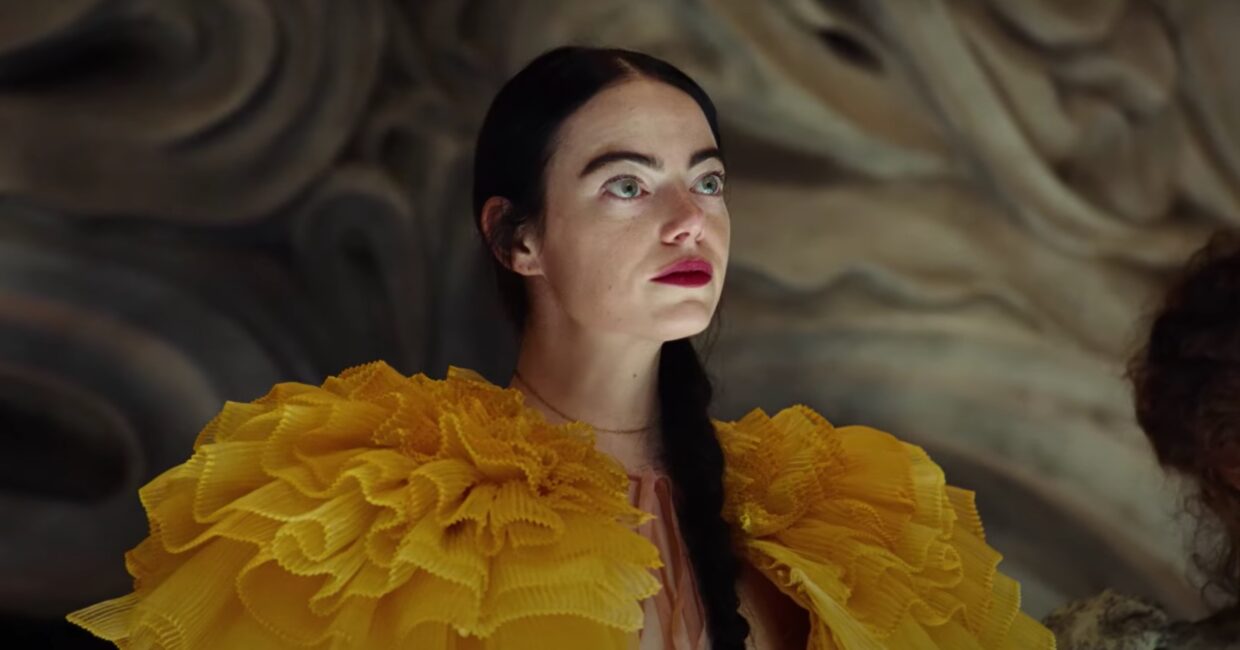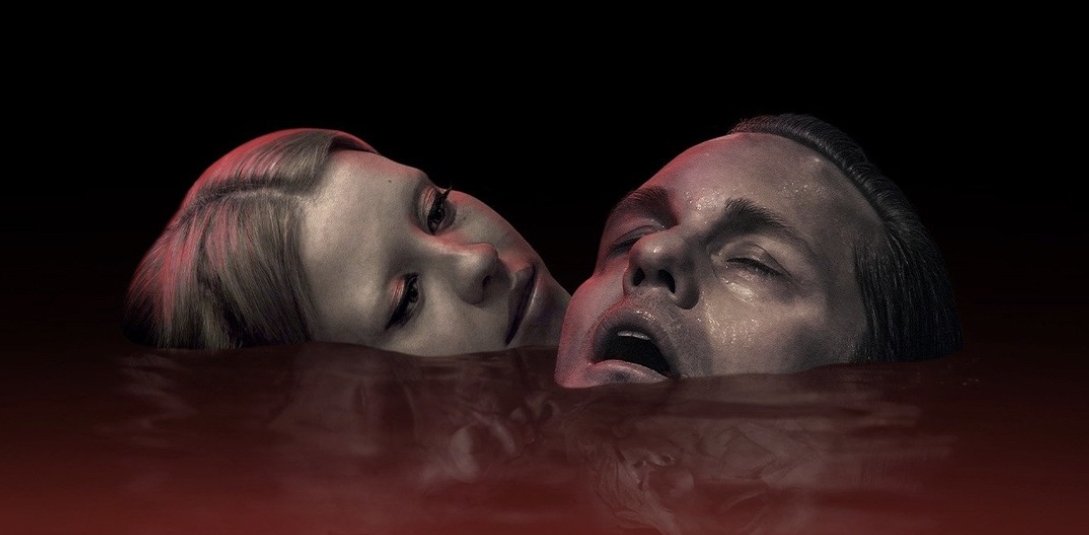
The term dystopian refers to a state or society where there is great suffering or injustice. Fictional dystopian stories often come under the umbrella of speculative fiction, carrying a cautionary message about societal progression. Such stories include George Orwell’s 1984, a grim future of mass surveillance and restricted freedom of expression, Ray Bradbury’s Fahrenheit 451, a world in which media is censored and regulated by the state, and Margaret Atwood’s The Handmaid’s Tale, a future where women’s rights have been stripped in the name of survival for the human race coupled with religious belief.
It should be obvious but dystopian and speculative fiction are not meant to be 100% accurate representations of the future. Nobody reading 1984 critically would condemn the book as being inaccurate for the totalitarian state of Oceania not being realized by the time humanity reaches such a year. Similarly, with The Handmaid’s Tale, America hasn’t turned into an exact duplicate of the Gilead because that is not the goal of these stories.
Dystopian and speculative stories are not meant to be prophetic visions because they are not so much based on political and societal issues that COULD arise but instead the issues that were happening at the very moment of the story’s conception. George Orwell did not have some nightmare prophecy of the future for writing 1984 like he was some clairvoyant or oracle. He based his story on the division of territories within the Tehran Conference, his perspective on the aftermath of World War II, and the very title of the book was chosen specifically because it was an inversion of the year 1948.
Dystopian tales are meant to reflect societal concerns of the time they were written and carry them out into darker stories. This is not to say that dystopian stories must adhere to this storytelling aspect but it does offer a more viable explanation about why we talk in more detail about stuff like 1984 and less so stories like Ready Player One.
With all this in mind, the 2020 film Songbird is by far one of the worst dystopian movies ever made.
The film takes place in the year 2024 where America is struggling to deal with the threat of Covid-23. Due to the deadly nature of the disease, lockdowns and quarantines in Los Angeles have been extended and are now more strictly enforced. Those infected with the virus are rounded up into a quarantine camp known as the Q-zone where they are either left for dead or executed. Those who are not infected are granted access to roam about towns and enter into restrictive areas as martial law has been enabled.
The film follows a handful of characters but the primary ones are Nico, an immune courier, and his girlfriend Sara who lives with her grandmother Lita. Nico and Sara have a plan to save up enough money to flee the city, presumably to a place where the virus is under control and they don’t have to be stuck in lockdown. I can’t say for certain because the film doesn’t spend much time talking about the landscape outside of Los Angeles and Nico only state that he plans on taking Sara somewhere that is any place but Los Angeles.
When Lita becomes infected, Sara learns that her entire apartment complex has experienced an outbreak, and the local government, dubbed as the sanitation department, tries to keep the complex contained.
The film doesn’t even try to make the government seem conflicted or concerned about the issue of a deadly virus and reinforces the classic dystopian authority of the state. Nico is at one point held up by soldiers who look down on him for being immune, calling him “munie scum.” Great, cringe.
The clear villain of the film is Emmett Harland, the head of the Los Angeles’ “sanitation” department. Emmet is first seen showing up to the apartment complex in a tan suit and when he finds one person outside the building talking about how he has just got back from the quarantine zone, Emmett proceeds to gut him with a knife. He then orders a hazmat team to break down the doors and rip infected people from their homes, getting an almost sexual thrill out of it.
Speaking of sexual thrills, the character of William Griffin is a wealthy record producer who regularly sneaks out during curfew so he can have an affair with a prostitute who wears a mask and a bedazzled face shield during her sexual act, like it’s a Coronavirus themed kink or some shit.
Damn, I hate this movie.
You can really tell a lot about the intentions of the film by the opening mash of media in the intro. News media reports about how the virus has become more deadly as it attacks the brain tissue and an enraged YouTuber rants about how the antibody tests have done nothing and that no good news is coming.
Throughout the film, the Coronavirus is spoken of as being less dangerous than the people handling it, even though the mutated virus of the film that attacks and kills your brain within 48 hours would seem pretty damn dangerous. This thought process is amplified by the film’s punchline/tagline of “Aren’t you glad there’s still something out there that can kill you.”
Let’s make something perfectly clear.
I am not condemning Songbird because it uses the Coronavirus as a part of its story. There were a handful of films and television series from this era that integrated the Covid-19 pandemic into their stories. And while not all this media was good, it was at least using the pandemic as a reflective and relatable ingredient of stories and not trying to intentionally drum up paranoia on the subject.
I am also not saying that Songbird is a bad film because its dystopian predictions are hyperbolic. As I said, that’s not the point of dystopian stories. They are not based on stuff that will definitely happen. They are based on stuff that is happening right now. I do not have to wait until the year 2024 to say that Songbird is a bad film in the same way critics did not have to wait until 1984 to critique 1984.
With that in mind, it’s important to ask what Songbird was saying in 2020 within its text. And it is not ambiguous. The government response to the Coronavirus is the enemy but not for any grander specifics on the response to an airborne, brain-eating virus. Usually, outbreak films tend to question the effectiveness of containing the disease and highlight the chaos of how quickly it can spread. In this case, however, the film is more critical of the laws imposed being more dangerous than the disease.
This is not to say you couldn’t make a film like this but the problem with Songbird is the systemic issues of virus containment and the Q-Zones are rarely criticized or rallied against or even talked about in detail. Even worse, Songbird suggests that the problems of such a system are only the result of a handful of people enforcing those rules.
So even if the film was trying to be critical of state response and military rule due to a pandemic, it fails hard in this category because it creates a cartoonish villain to best rather than a system to question. Emmett isn’t even an interesting villain; just a power-hungry, chain-smoking, bearded, tan-suited antagonist who looks like he got lost trying to find the set of a James Bond movie. Nobody casts Peter Stormare to play complex villains.
However, with all of this being said, I don’t believe that the screenwriter and director Adam Mason set out to make some Covid-denial thriller because he really believes such nonsense. His filmography at least doesn’t seem to reflect that as he has mostly directed run-of-the-mill horror films like Hangman and a couple of episodes for Into The Dark.
Mason pitched the idea in March of 2020, just as America was starting to go into lockdown as the virus spread. He most likely framed the story this way so that the film would seem topical and an easy sell to get produced as the first Covid-19 thriller of the pandemic.
After the film debuted to extremely negative reviews, Mason seemed somewhat apologetic about the intent of his film. In an interview with BuzzFeed, he stated:
“I completely understand if you want to be like, ‘fuck that movie,’ but the fundamental message with the movie is hopeful for me. That was what I was really trying to get across. I was not in any way trying to make a negative movie that capitalizes on what is by anyone’s standards a terrible, terrible time.”
Mason’s intent, I suppose, was that this was supposed to be a class warfare film? I can kinda see this with how he frames the elite antagonists but they are posed as such over-the-top villains who are taking advantage of the Coronavirus pandemic in a wildly fantastical way. Also, if this was the intent for a class warfare picture, it means the film has even less to say about the pandemic because it’s treated more as an ingredient than a thematic core, even though it’s the root cause of such a state.
Mason continued:
“I was really trying to make a point about the differences between the haves and the have-nots in society. I was thinking of A Tale of Two Cities, and I loved the idea of this kind of class divide. There aren’t many cities that are more cosmopolitan than LA, and there is that real sense of the rich/poor divide here.”
Mason also stated how his original script was set up more like a Cloverfield film that would’ve featured a monster. He also said it was his producer who urged him to make it more about the Coronavirus having become inspired by the uptick in people watching films like Contagion and Outbreak.
So the intent of this film is all over the map with its trend-chasing and genre-flipping but what it ultimately boils down to is that Mason did not have anything cathartic or insightful to say about the Coronavirus pandemic with this film. How could it when it was rushed into production so quickly to capitalize on current events?
The dystopian stories that we speak about with great insight are those with authors who had something important to state on the nature of current social and political issues. Those authors have a thematic point to what they write and what they want their audience to understand. But with Songbird, how much purpose is behind such a film when the response to the film’s criticism is essentially “Oops”?
And that is ultimately what makes Songbird such a terrible dystopian movie.
It’s speculative fiction that has nothing insightful or of value to say on the topic of the Coronavirus pandemic. It’s not just a matter of being too soon because Songbird would not have worked in any year.

 “My Spy: The Eternal City” Review
“My Spy: The Eternal City” Review  “Deadpool & Wolverine” Review
“Deadpool & Wolverine” Review  “The Boys: Season Four” Review
“The Boys: Season Four” Review  “The American Society of Magical Negroes” Review
“The American Society of Magical Negroes” Review  “Twisters” Review
“Twisters” Review  “Sausage Party: Foodtopia” Review
“Sausage Party: Foodtopia” Review  “Robot Dreams” Review
“Robot Dreams” Review  “Godzilla x Kong: The New Empire” Review
“Godzilla x Kong: The New Empire” Review 


